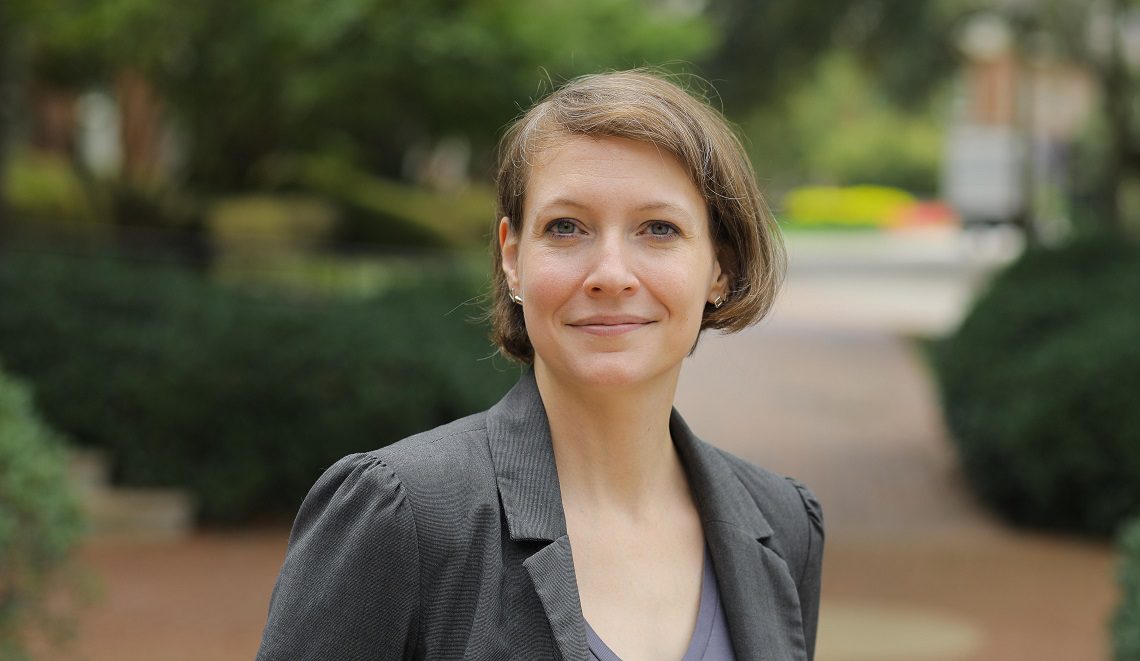News from campus and beyond
Having coronavirus nightmares? Here’s what you can do

In an article appearing in The Washington Post, Erin Wamsley, associate professor of psychology at Furman University, explains why our dreams might be more vivid and memorable during the time of COVID-19. She says we aren’t dreaming more, but changing sleep patterns and wakefulness could contribute to dream recall. “The memory for dreams is fleeting,” she says. “The more times you wake up, the more times you have a chance to capture that dream in memory.” Read on to learn strategies for curbing those pesky recurring dreams.
Wamsley is principal investigator at the Furman Sleep Lab, where she studies how the brain processes memories during sleep and rest, as well as the relationship of sleep-dependent memory processing to dream experiences.